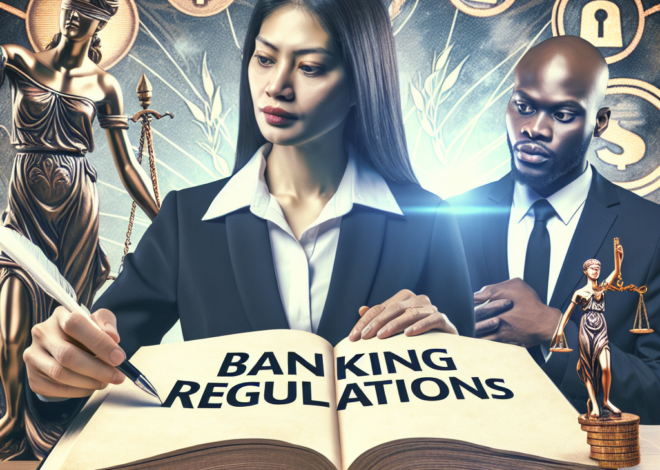
Exploring the Latest Trends in Corporate Social Responsibility
Corporate Social Responsibility (CSR) News: A Focus on Sustainable Business Practices
Introduction to Corporate Social Responsibility
Corporate Social Responsibility (CSR) refers to the self-regulating business model that helps a company be socially accountable—to itself, its stakeholders, and the public. By practicing corporate social responsibility, also called corporate citizenship, companies can be conscious of the kind of impact they are having on all aspects of society, including economic, social, and environmental.
Latest Trends in Corporate Social Responsibility
The CSR landscape is continuously evolving, with businesses finding new ways to give back to their communities, reduce their carbon footprints, and improve societal wellbeing. Here are some of the latest trends in CSR that are making headlines.
Emphasis on Climate Change
More companies are acknowledging the urgent need to address climate change. This has led to an increase in CSR initiatives aimed at reducing greenhouse gas emissions, conserving water, promoting renewable energy, and implementing sustainable manufacturing processes.
Focus on Social Justice
In the wake of global movements for social justice, companies are taking a stand against discrimination and inequality. Many businesses are implementing diversity and inclusion programs, supporting underrepresented groups, and promoting fair labor practices.
Increased Transparency
Stakeholders are demanding more transparency from businesses regarding their CSR efforts. This has led to an increase in sustainability reporting, where companies disclose their environmental, social, and governance (ESG) performance.
Notable CSR Initiatives
Microsoft’s Climate Innovation Fund
Tech giant Microsoft has committed to becoming carbon negative by 2030. As part of its CSR efforts, the company has launched a $1 billion Climate Innovation Fund to accelerate the development of carbon reduction and removal technologies.
Unilever’s Sustainable Living Plan
Consumer goods company Unilever has made a commitment to halve its environmental footprint by 2030 through its Sustainable Living Plan. This comprehensive CSR initiative covers areas such as sustainable sourcing, waste reduction, and water conservation.
Conclusion
CSR is no longer an optional extra for businesses; it’s a necessity. Companies are realizing that they can contribute to sustainable development while also reaping benefits such as improved reputation, customer loyalty, and employee engagement. As we continue to face global challenges like climate change and social inequality, the role of CSR in business will only become more significant.


